Essential Electrical Safety Tips for Homeowners
Electrical safety is crucial in every home. Adhering to standards is legally required with a 240V system. Whether new or long-time, protect your home and family.
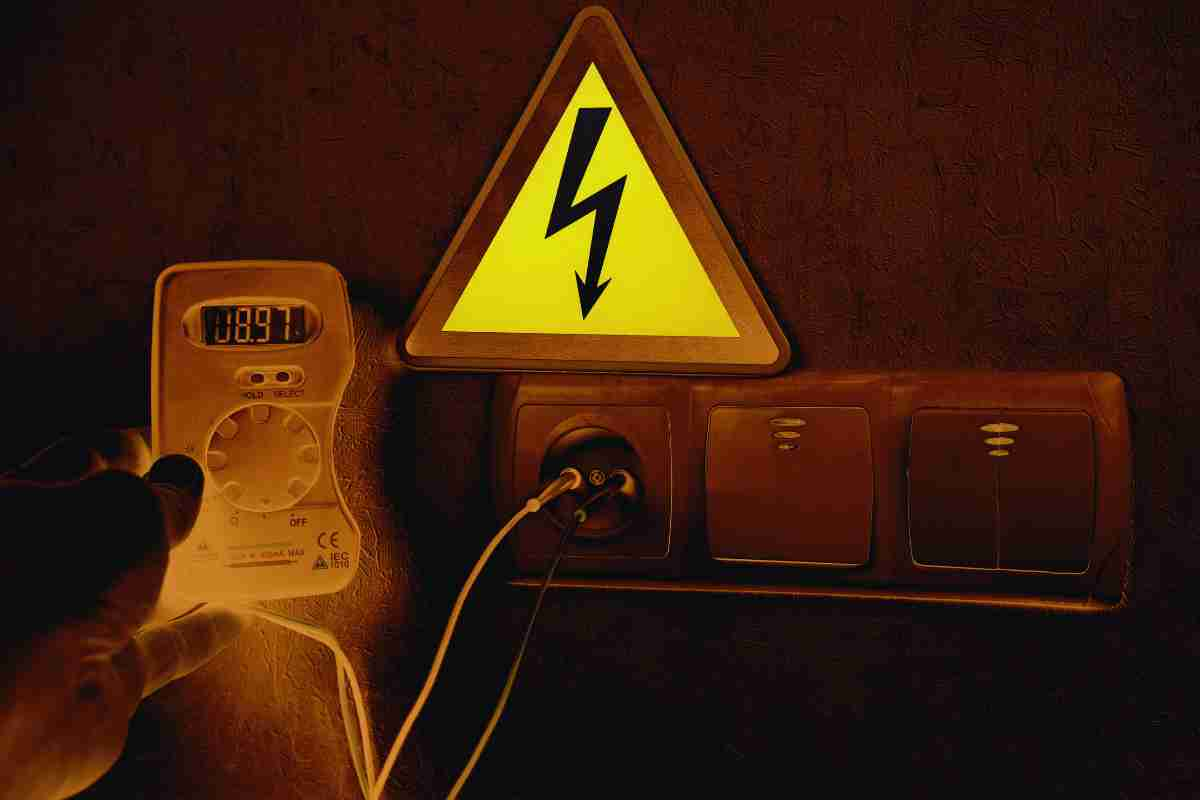
Electrical safety is a vital aspect of homeownership, where adhering to Australian standards is not just recommended but legally required. The Australian electrical system operates on a 240V power supply, a voltage level that can be extremely dangerous if mishandled. Whether you're a new homeowner or have been living in your Brisbane residence for years, understanding electrical safety is crucial for safeguarding your home and family.
Here are some essential tips to ensure your home remains secure and compliant with local regulations.
Familiarise Yourself with Your Electrical System
Every home has a unique electrical system, and familiarising yourself with yours is the first step towards safety. Locate your switchboard and circuit breakers, and understand what each breaker controls. Ensure that your switchboard is up to date with safety switches (RCDs) installed, as these can prevent severe electric shocks by shutting off power in case of a fault.
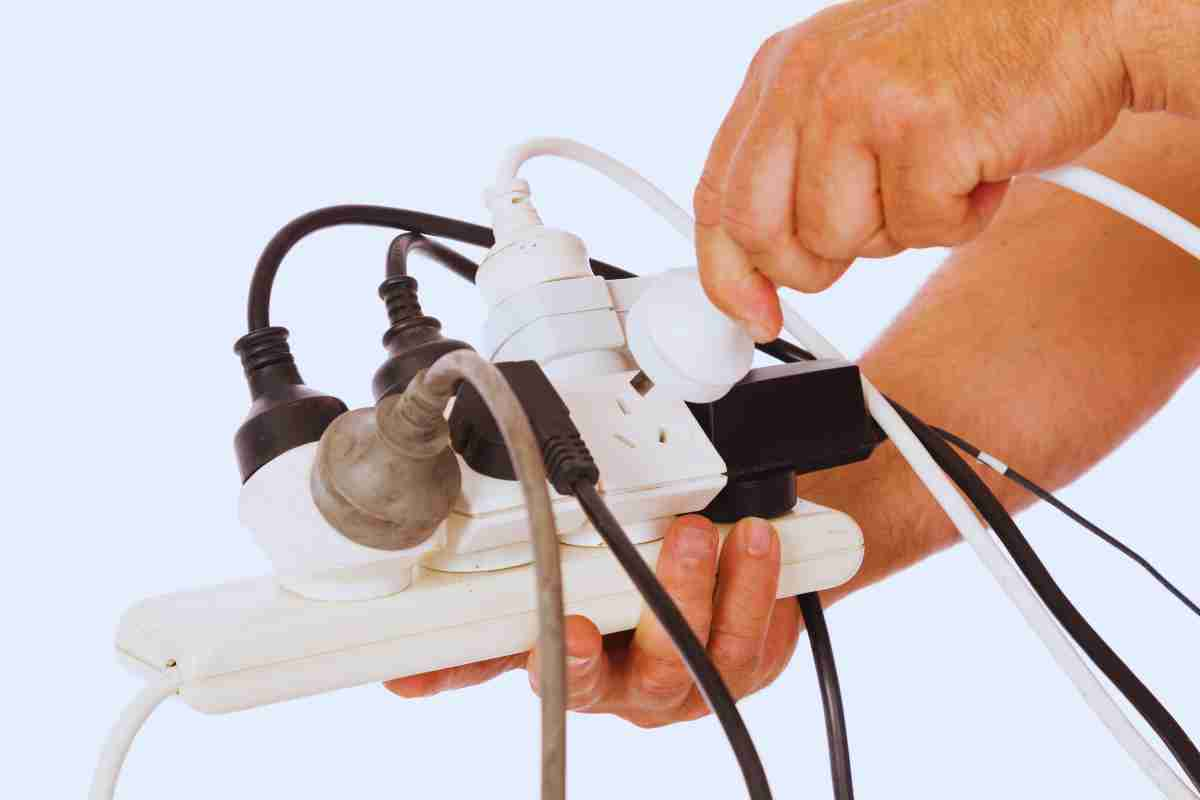
Additionally, make a habit of regularly inspecting the condition of your power points, switches, and wiring. If you notice any signs of wear, such as discolouration, buzzing sounds, or flickering lights, it’s time to call in a professional. Brisbane electricians are skilled at addressing such issues and can provide a thorough inspection to identify any potential hazards.
Understand the Dangers of 240V Power
Australia's 240V power supply is more than double the voltage used in some other countries, which means the risk of serious injury or death from electric shock is significantly higher. Even seemingly simple tasks, such as replacing a power point or installing a ceiling fan, can be dangerous if not handled correctly. Australian law strictly prohibits unlicensed individuals from performing most electrical work, including installations, repairs, and maintenance.
Hiring electricians ensures that the work complies with the strict Australian Standards (AS/NZS 3000), commonly known as the Wiring Rules. These standards are designed to protect against electrical shock, fire hazards, and other safety risks.
Exercise Caution with Electrical Appliances
Electrical appliances are a common source of hazards in the home, especially when not used correctly. Always read and follow the manufacturer’s instructions for any appliance, and never use appliances with damaged cords or exposed wires. In humid climates, it’s also important to keep electrical appliances dry and away from water sources.
For high wattage appliances, such as heaters or air conditioners, make sure they are plugged directly into wall sockets rather than extension cords or power strips, which can overheat and cause fires. If you need additional outlets installed to accommodate your appliances, it's wise to consult a professional. Electricians can safely add new circuits or outlets to handle the load.
Avoid DIY Electrical Work
While DIY projects are a popular way to save money and personalise your home, electrical work should never be on your DIY list. It’s illegal for homeowners to perform most electrical work without a licence. This includes tasks like wiring, replacing power points, and installing new light fixtures. Not only does unlicensed work pose significant safety risks, but it can also void your home insurance and result in hefty fines.
If you’re unsure whether a job requires a licensed electrician, it’s always safer to err on the side of caution. Electricians are trained to handle these tasks safely and efficiently, ensuring that all work meets legal standards.
Prepare for Storm Season
Brisbane is known for its stormy weather, particularly during the summer months. Lightning strikes and power surges can cause significant damage to your home’s electrical system if you’re not prepared. Installing surge protectors on your switchboard can help safeguard your appliances and electronics from sudden voltage spikes.
It’s also prudent to have an emergency plan in place in case of power outages. Keep a battery powered torch and emergency contact numbers handy, including your local electricians who can assist with emergency repairs if needed.
Ensuring Long Term Electrical Safety in Your Home
Electrical safety is essential in any home, but it’s especially important due to the high voltage of the Australian power system and the region’s unique weather conditions. By following these tips and relying on qualified electricians for any necessary work, you can ensure that your home remains safe, compliant with Australian standards, and well prepared for any electrical challenges that may arise.

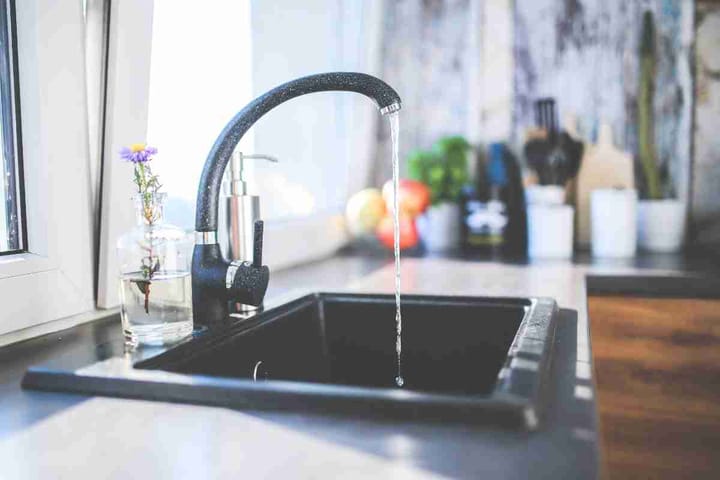
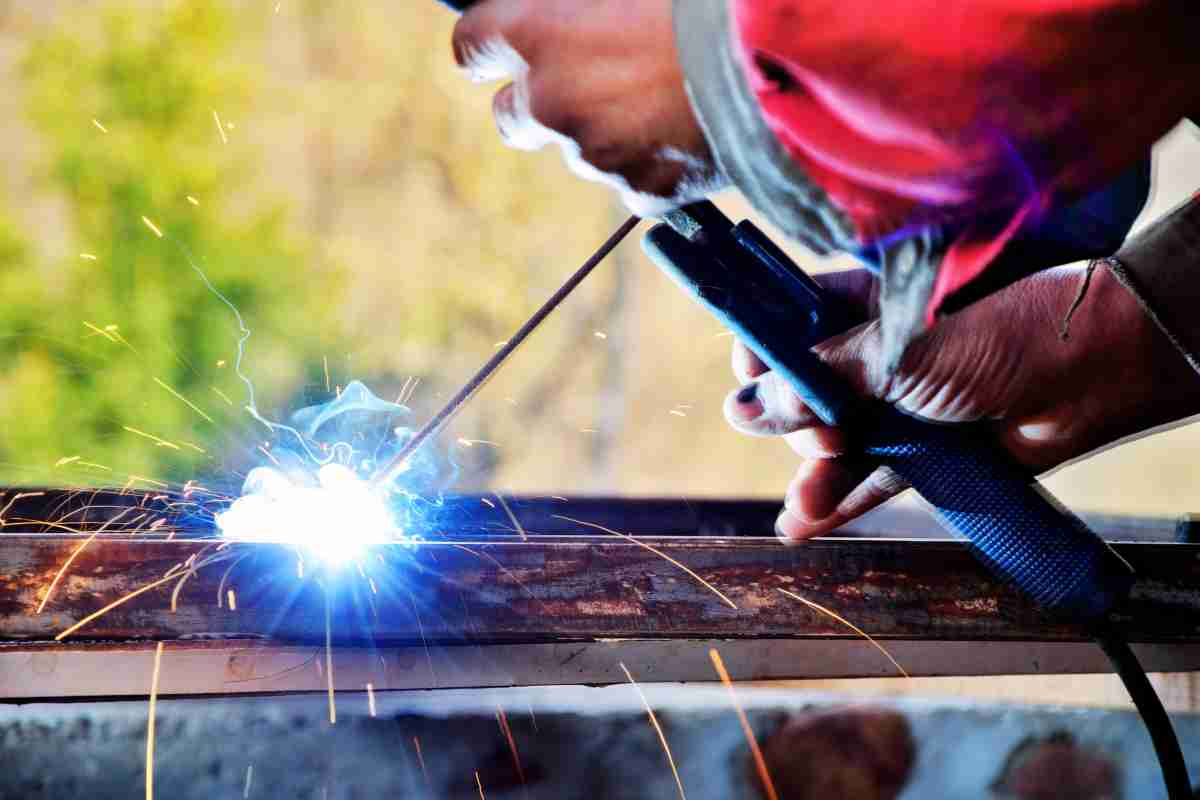
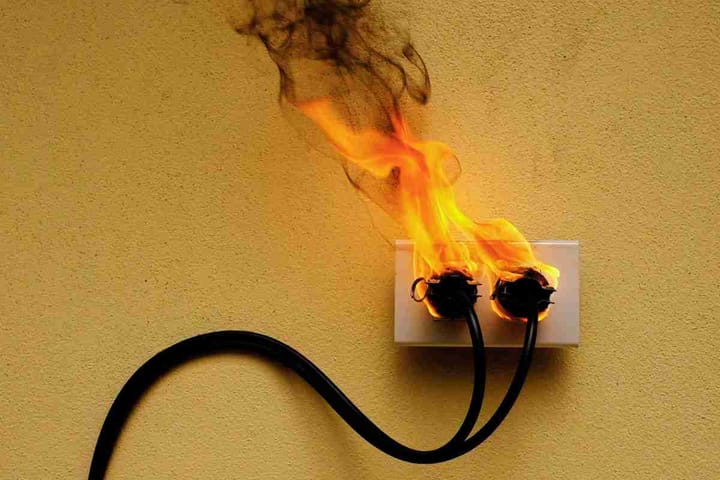
Comments ()